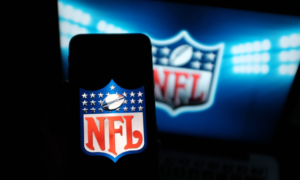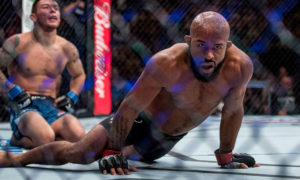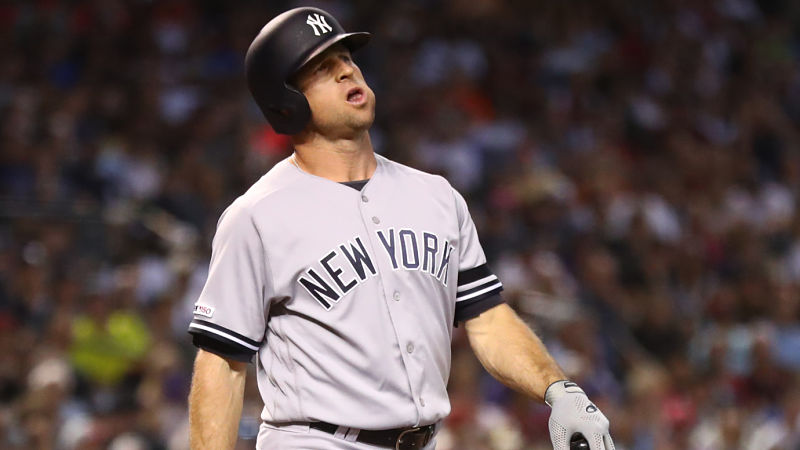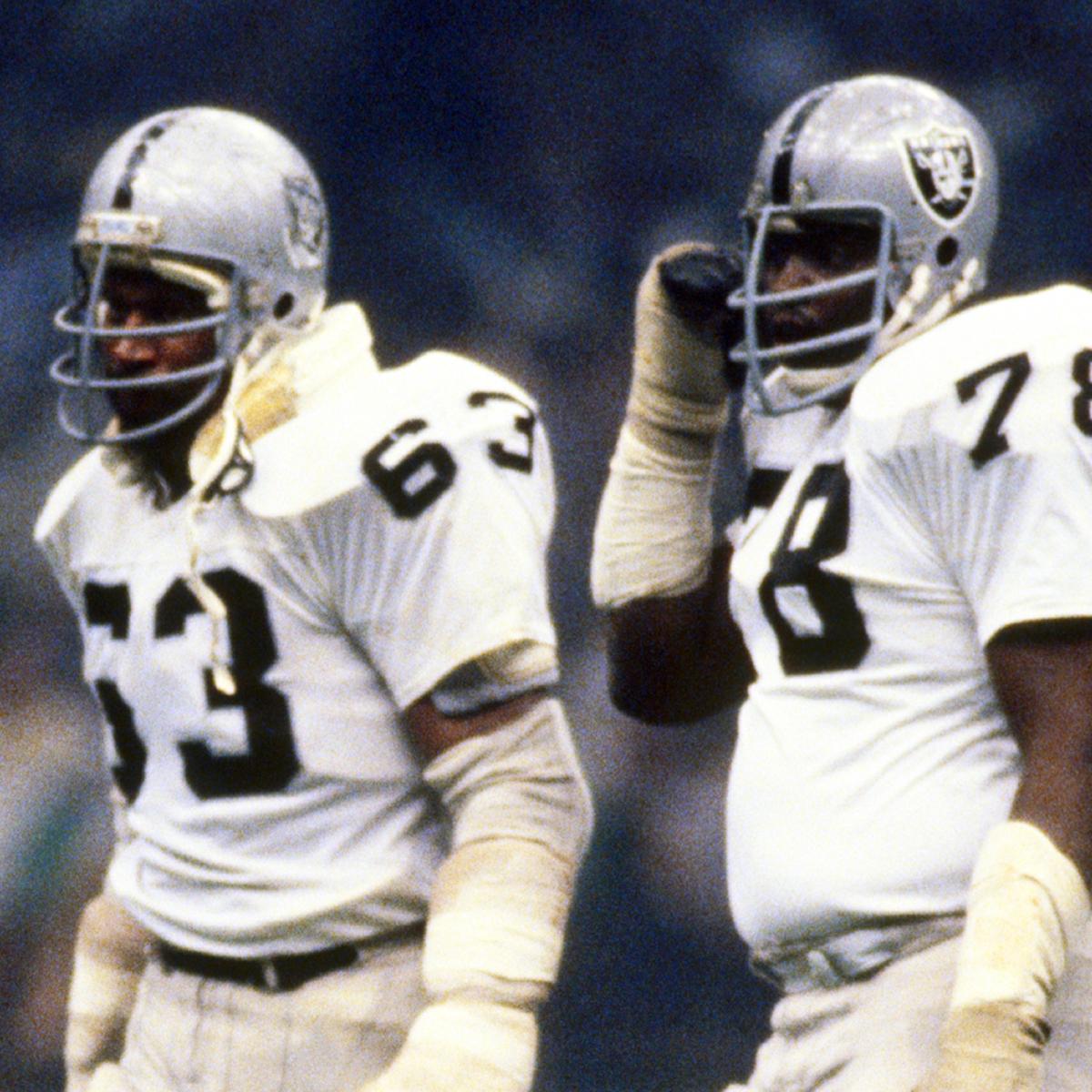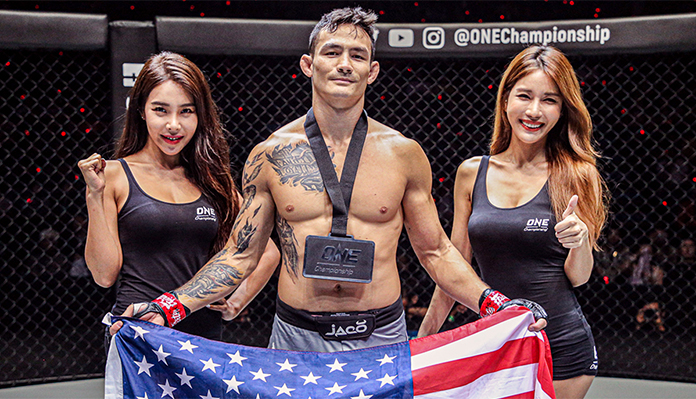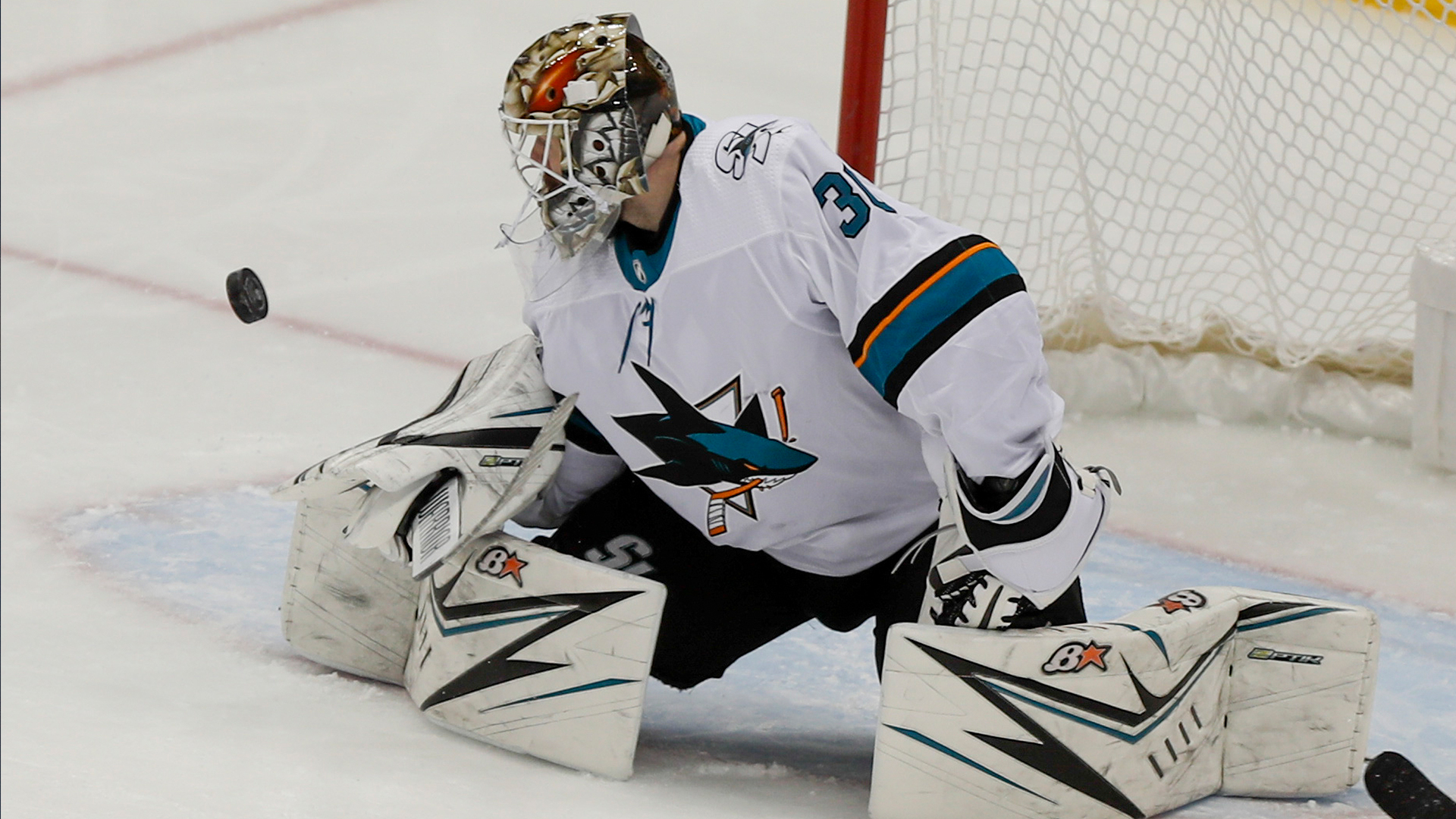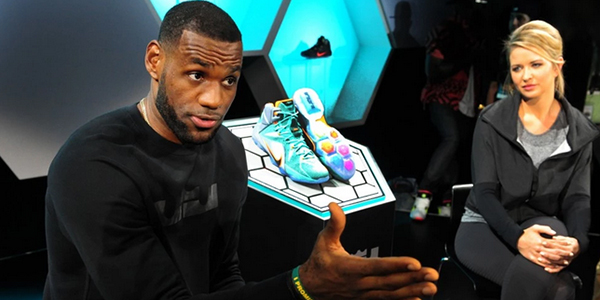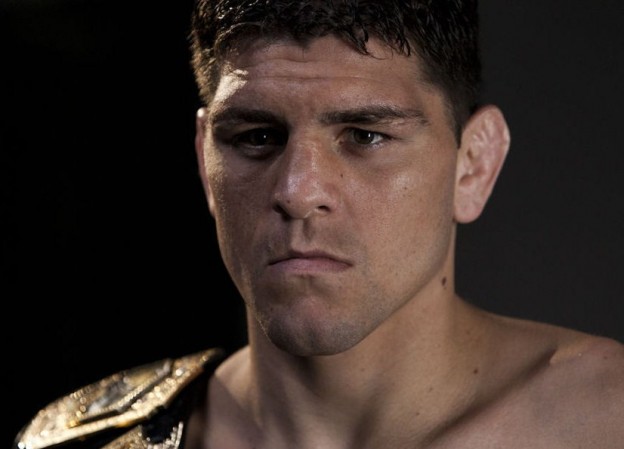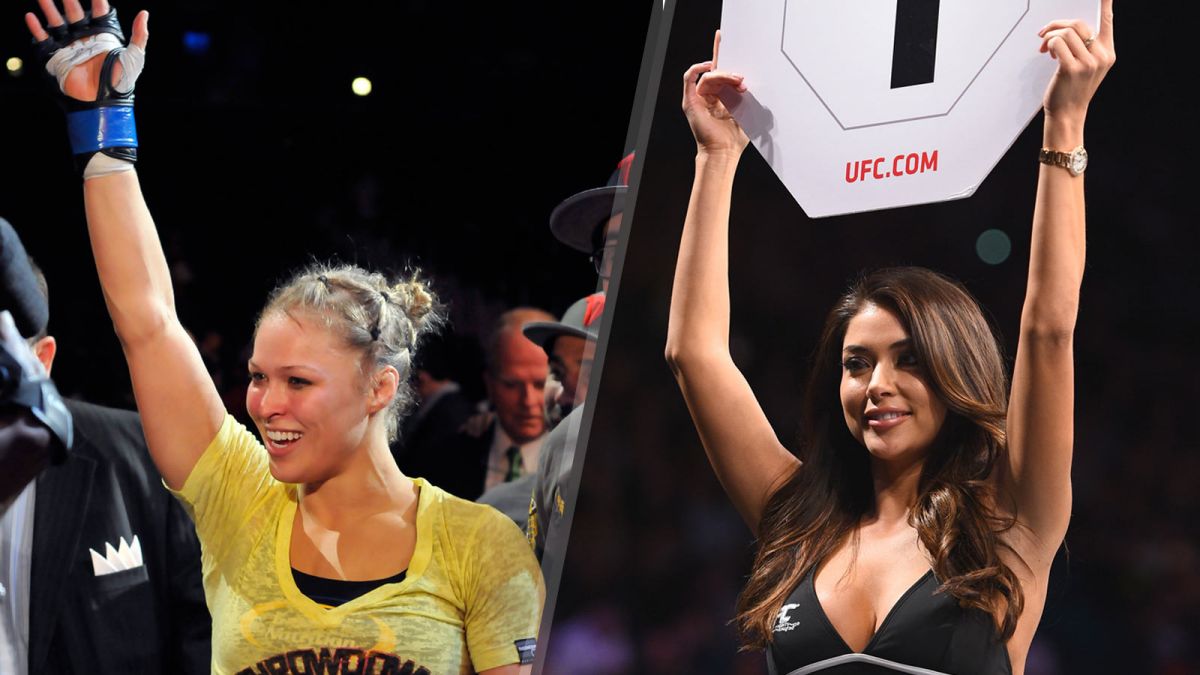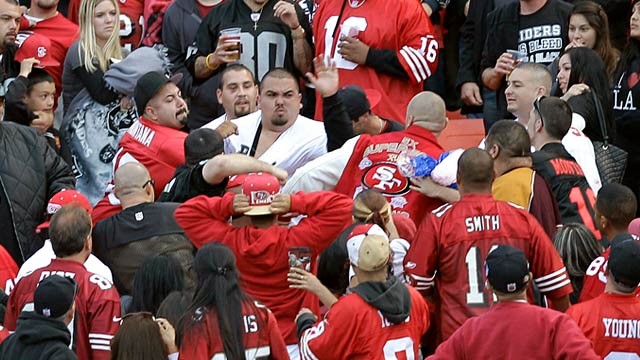Dave Roberts trusts Clayton Kershaw. Their earnestness toward each other is admirable. The results are painful.
ARLINGTON — The October mask of Clayton Kershaw, as if borrowed from the Theatre of Dionysus in Athens, was all too obvious and familiar, as was the annoyance with having to answer for it. What, someone wondered, was he trying to do with his 3-and-2 pitch to Marcell Ozuna in the sixth inning of Game 4 of the National League Championship Series Thursday?
“Get him out,” came the voice from behind the mask. Icy silence followed.
Unless the Dodgers can win three in a row from an unbowed Braves team, or if manager Dave Roberts wants to keep hitting on 16 with Kershaw and use him out of the ‘pen if there is a Game 7, it was the last pitch Kershaw threw this season.
By now you know that Ozuna ripped it for a run-scoring double to put Atlanta ahead, 3-1, and that only then did Roberts take Kershaw out of the game. You know this well because you have seen this flick before: Roberts and Kershaw in a buddy movie that you know before digging into the popcorn bucket is likely not going to end well.
Roberts trusts Kershaw implicitly, even more so than Los Angeles’ third-time-around algorithms. Kershaw keeps trying his level best to reward his friend’s trust, except that becomes harder as his stuff diminishes. Their earnestness is admirable. The results are painful.
Let’s get something straight: the Braves have outplayed the Dodgers in the series. They have a well-deserved three games to one series lead, even though all four of the starting pitchers they have used are between 22 and 26 years old and before this year had never won a postseason game.
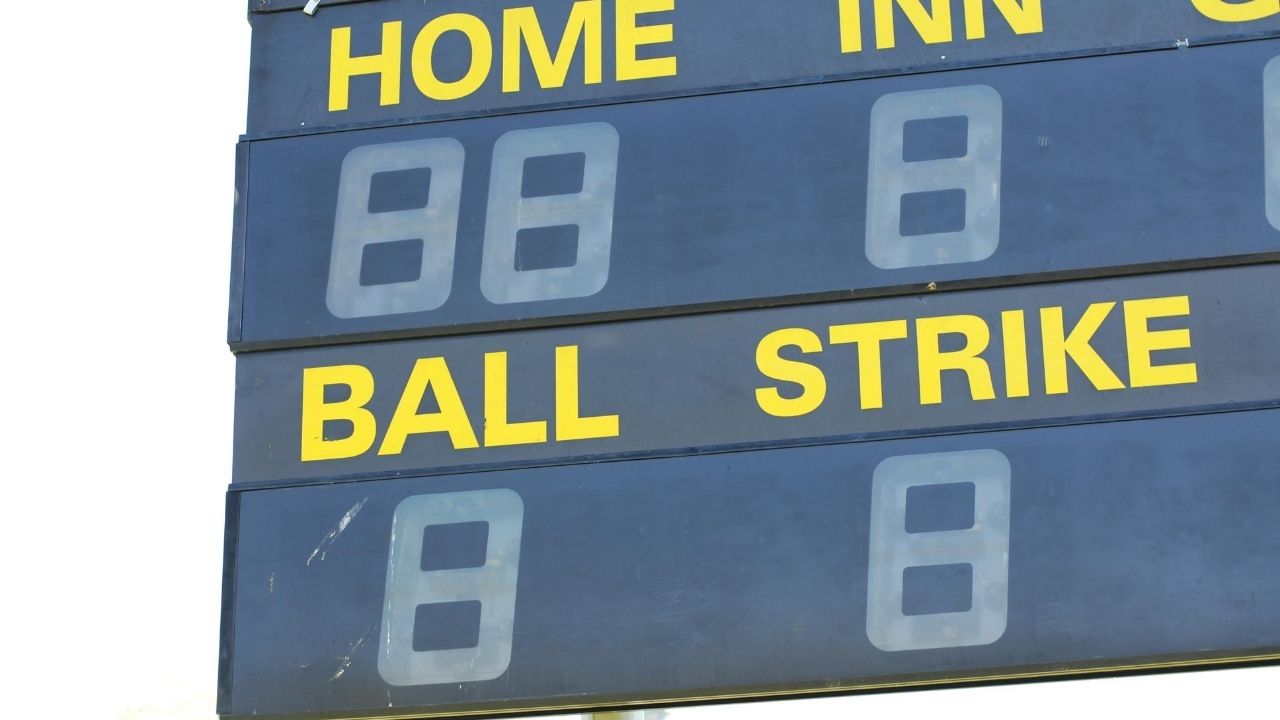
Even though when you looked on the field for the first pitch of Game 4 you saw five of the nine Atlanta players on the field were 23 or younger–the first such postseason team since the 1966 Orioles–and do not know a Dodgers World Series title in their lifetime.
Even though the guy they sent to the mound in Game 4 had only seven career starts, had not pitched in 18 days, had spent most of this season at their alternate training site and admitted “never in a million years” could he have envisioned from Camp Gwinnett, Ga., that he would be making an NLCS start this year.
Bryse Wilson, 22, is the stuff of which postseason legends are made, joining the likes of Jim Beattie, Bob Wolcott and Francisco Rodriguez as out-of-nowhere October pitching stories, and Francisco Cabrera in the Atlanta category of the unlikely star genre.
As Wilson began walking to the bullpen to warm for Game 4, his girlfriend summoned him over to the Braves’ family area, the sub-field level boxes along the left field line at Globe Life Field. Through a mesh fence, and as he knelt down, she handed him a necklace with a beaded cross pendant. Wilson immediately placed it over his head, around his neck and under his Braves uniform. They posed for a picture.
Bejeweled and bedazzling, Wilson shut down the game’s highest scoring offense on the day after it hung a record 11 runs in the first inning. He allowed one hit, a home run to launch-monster Edwin Rios, over six innings and one walk.
The Dodgers faced 48 right-handed pitchers this year. Wilson was the first to allow them as few as two baserunners.
The Dodgers have faced 141 right-handed pitchers in their postseason history. Only two allowed them no more than two baserunners: Bryse Wilson and Don Larsen, he of the 1956 World Series perfect game.
That is how the Braves won the game. They also torched the Dodgers’ bullpen to let the game get out of hand.
Okay. Now back to our regularly scheduled programming, Roberts and Kershaw.
The score was 1-1 in the sixth. The Atlanta lineup was turning over for a third time, beginning with its three best hitters, Ronald Acuña Jr., Freddie Freeman and Ozuna. This year Kershaw was great at the start of games (.145 first time through a lineup), a bit worse the second time through (.205) and more than vulnerable the third time through (.275).
Kershaw is 32 and only two days earlier woke up with such bad back spasms that he could not make his scheduled turn that night. The bad back has plagued Kershaw ever since throwing a bullpen Saturday. Kershaw said treatment and rest had alleviated the concern.
“I felt fine tonight,” he said.
Into the Roberts-Kershaw dynamic a plot device typically gets introduced, such as plain rotten luck. Such was the case with the high bouncing ball Acuña wedged behind the mound to start the inning. Kershaw both leaped and dove for it, missing it barely, while second baseman Enrique Hernandez caught it on a bounce and threw sidearm while falling theatrically himself. At one moment in time, Kershaw and Hernandez made for a pas de deux on the infield grass behind the mound, flinging themselves to the ground in opposite directions.
Hernandez’s throw was late and low, which first baseman Max Muncy could not stop. In a ballpark with enough netting to catch a day’s worth of shrimp in the gulf, the ball somehow escaped the field into the Dodger dugout, creating a passport to second base for Acuña.
Roberts left Kershaw in to face Freeman, as well he should have. Kershaw has handled Freeman in his career, including two at-bats in Game 4. But Freeman rifled a poorly placed fastball through the shift. It was a single that the Dodgers turned into a double because they had stationed right fielder Mookie Betts in the right field gap. The ball rolled hard a million times to the outfield wall.
Kershaw must have missed badly with location. Why throw an inside heater when Freeman is trying to hit the ball to the right side to advance the runner? Why throw a pitch that invites pull contact when the outfield is shifted to the left?
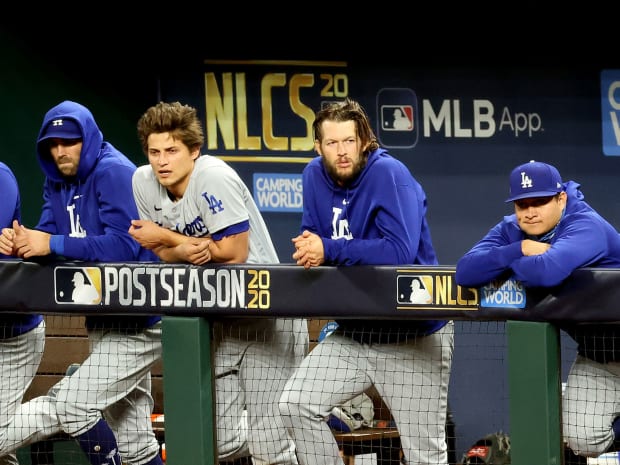
(The Dodgers have been burned left and right with their shifts in this series. Freeman burned the shift with an RBI hit in Game 2 and twice the Dodgers turned groundballs to third into run-scoring doubles because they play their third baseman as far off the line as any team–defending singles because of the preponderance of balls hit there but exposing doubles.)
Then the denouement arrived. There was no way Ozuna thought Kershaw would pitch to him a third time. During a delay after the Acuña infield wedge shot, Ozuna turned to Freeman and said, “Hey, let’s do it. You get yours and I’ll be facing Graterol.”
Right-handed power reliever Brusdar Graterol was ready in the Los Angeles bullpen. After Freeman’s double, Kershaw had thrown 81 pitches.
“You know, I thought about it,” Roberts said about not having Kershaw face Ozuna a third time, this time with a runner on second.
He didn’t move.
“I felt good with Clayton,” he said. “He got us two groundballs. I didn’t feel the need to go to the ‘pen right there.”
Asked another time about the non-move, Roberts said, “The inning prior was a clean inning. He punched (out) the last guy. He induced weak contact, gets away from the first baseman, and he gets second. There’s another groundball by the first baseman. We had Freeman way over in the gap. Turned a single into a double. So yeah, absolutely. I thought Clayton was throwing the baseball really well. And there was no reason. So I just felt really good about it.”
Earnest.
The count went full to Ozuna. Kershaw uses his breaking pitches more than any other big league starter. The trust in his fastball, now just 91.6 mph even with a tick more this year, is no longer there to win at-bats pushed to the brink. That’s why on full counts this year Kershaw threw 76% breaking pitches, an extraordinary frequency. He had thrown Ozuna just five fastballs all night, so it wasn’t too hard to know a breaking ball was coming.
Kershaw obliged, both in choice and, unwittingly, location. He hung a curveball in the heart of the strike zone. Ozuna clobbered it for an RBI double. Only then did Roberts, clad in a jacket on a weirdly windy night, walk to the mound to pull Kershaw.
Graterol has an amazing arm. During a workout Saturday, several Dodgers pitchers were congregating along the right-field line when they notice a “Hit it Here” bullseye far away in the upper deck.
“I bet you can’t hit it,” somebody said.
Graterol casually picked up a baseball, took one step and calmly whizzed a baseball a country mile and hit the bullseye.
His teammates were amazed. They were still talking about it the next day when somebody said, “Bet you can’t do it again.”
Graterol smiled, picked up the closest baseball and–boom!–nailed it on the first try again.
In relief of Kershaw, Graterol was not so much on point. He let the game get away, nearly making moot the decision to stick with Kershaw. (No way you plug Dustin May into the game there. May is Roberts’ Game 5 starter. You don’t have him on standby to pitch out of a jam).
The patrons at Dionysus knew dread when they saw it because of the exaggerated emotions embedded in the masks. So too did those at Globe Life Park.
The Dodgers are not done. They are so talented they are fully capable of winning three straight games. Only such a rally will dim the pain for the Dodgers of another familiar intersection of decision-making and a lack of pitch-making, with some plain old rotten, stinking luck thrown in.
——————-

